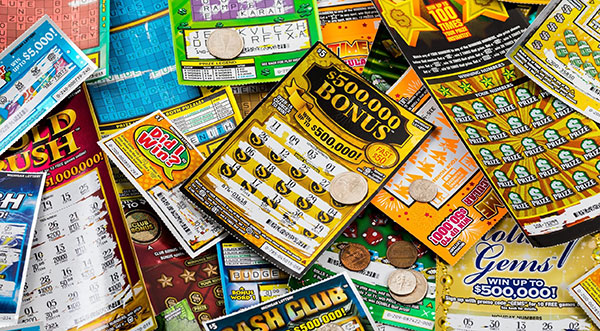
Demo Slot Testing: Do Free Games Reflect the Real Experience?
Free demo slots are a widespread tool used by online gambling sites to attract new users and keep experienced players engaged. They promise a safe and cost-free way to explore new games and understand mechanics before risking real money. But can these simulations truly represent the actual gaming experience? Let’s break down the differences that matter.
Differences in RNG: Demo vs Real Mode
The Random Number Generator (RNG) is the core mechanism behind every slot spin, ensuring each outcome is independent and unpredictable. However, there’s a crucial distinction between the RNG in demo and real-money versions of a slot.
In many cases, demo versions are not fully connected to the licensed RNG engine used in live play. Instead, they may run on simplified or simulated algorithms designed to mimic random outcomes but without direct regulation oversight. This allows for manipulation in the perceived volatility or return-to-player (RTP) percentage.
Moreover, while licensed real-money slots must adhere to jurisdictional requirements and undergo external auditing (e.g., by eCOGRA or GLI), demo versions often fall outside those regulatory frameworks, meaning they’re not obligated to follow the same fairness standards.
Consequences of Altered RNG
Since demo slots may operate on different RNG logic, their outcomes can be statistically different from their real counterparts. Players might experience smoother sessions with fewer dead spins and more frequent bonuses — giving a false sense of how the game performs.
In real-money slots, the volatility is typically higher, and the RTP — while mathematically consistent over the long term — might not play out in short sessions. The demo mode, however, might flatten this volatility, creating misleading expectations about win frequency or bonus triggers.
This creates an artificial experience, where the game seems more “fun” or generous than it is under real financial stakes.
Why Demo Versions Feel More Rewarding
Demo modes often provide more winning combinations than real-money gameplay. This isn’t necessarily a technical flaw but rather a strategic choice by developers or operators to maintain player interest. It’s common to see frequent small wins, near-misses, or even bonus rounds triggered early during demo sessions.
This illusion of generous mechanics keeps the player engaged. In marketing terms, it builds confidence and emotional momentum. But when switching to real play, this “lucky streak” typically fades quickly, leading to frustration or increased losses.
The discrepancy may arise from different configuration files, test seeds, or even pre-set “luckier” odds hardcoded into the demo version. While not universally the case, it remains a trend among various providers, particularly less regulated or offshore ones.
Psychological Engineering in Demo Play
Game developers understand behavioural psychology well. Demo versions are often fine-tuned to encourage what’s known as “reward anticipation.” By showing frequent wins, the player’s brain releases dopamine, reinforcing positive feedback loops and encouraging continued interaction.
When players transition into real-money play, that feedback loop is already activated. However, the disappointment from reduced wins can push them to continue playing — chasing the highs of the demo experience.
This engineered contrast can foster poor bankroll management and distorted decision-making, especially for vulnerable users unfamiliar with gambling patterns or odds.

Impact on Player Expectations
One of the most concerning aspects of demo gameplay is the creation of false expectations. Many users genuinely believe demo play reflects real odds and volatility. As a result, they develop strategies or make financial decisions based on inaccurate assumptions.
This is particularly dangerous for new or casual users, who may not recognise the limitations of free versions. Their confidence — formed by simulated success — can lead to overbetting or prolonged gameplay once real money is involved.
Moreover, operators rarely provide disclaimers or comparative data to clarify the difference in demo versus real mechanics, leaving the player uninformed or misled.
Need for Greater Transparency
To address this disparity, there is growing demand for clearer disclosures. Ideally, demo versions should include labels indicating they may not reflect actual RTP or volatility. Some jurisdictions already require this, but enforcement is patchy.
Operators should be encouraged to offer audit logs, identical RNG engines in demo and real modes, or official RTP simulations within the demo environment. This would help users make informed choices rather than rely on perception alone.
Until then, users must approach demo slots with caution, understanding their entertainment value but not mistaking them for true predictors of gameplay or profitability.



